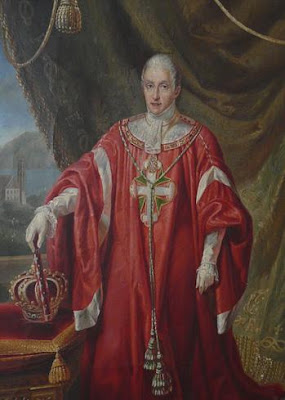History - OnThisDay - 17 April 1958 - Expo 58 started in Brussels, Belgium

Paris has its Eiffel Tower, London its Big Ben, Berlin its Brandenburg Gate ... and what about 'hellhole' Brussels? Well Brussels is the proud owner of its Atomium. This magnificent building was created on the occasion of the Expo 58. First it was meant to be a temporary construction, but the Atomium was so succesfull that the 9 balls became permanent. Expo 58 and the Atomium, picture taken at the Belvue Museum in Brussels in 2015 On 17 April 1958, King Baudouin opened the World Exhibition with a touching speech about peace, freedom and connection to each other. On Youtube, there is a movie in French of the original speech of King Baudouin of the Belgians at the opening of Expo 58. First there is an advertisement of Marie Tumas :-) Link The World Exhibition of '58 became a gigantic success with more than 41 million visitors! For many of them, it was a first acquaintance to other cultures. The Expo 58 ended on 19 October 1958, but the spirit of t


